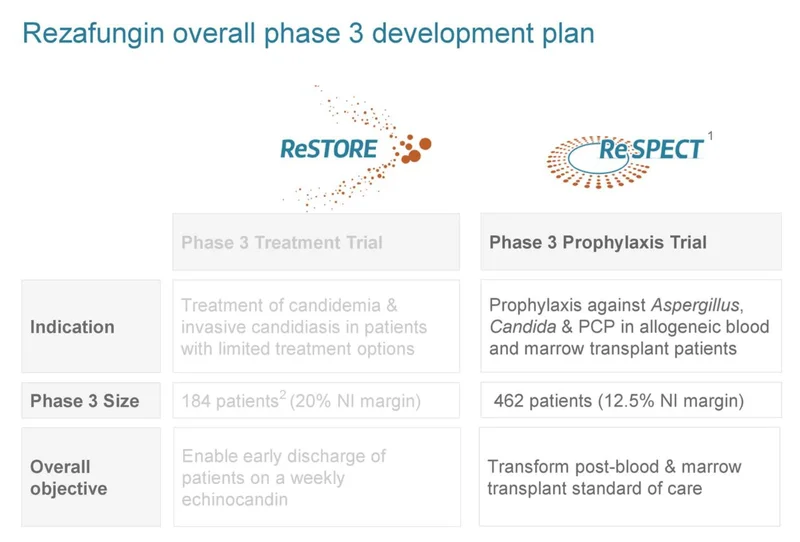Tracking Wealth Through the AI Lens
Tracking Wealth Through the AI Lens
Merck's $9.2 Billion Flu Bet: Genius Move or Desperate Gamble?
Merck's acquisition of Cidara Therapeutics for a cool $9.2 billion has raised eyebrows, even in the typically exuberant world of pharma deals. The headline figure – $221.50 per share, more than double Cidara’s previous closing price – screams "overpay." But let's dig into the details and see if this is a calculated risk or a sign of desperation.
The centerpiece of this deal is CD388, Cidara's experimental flu prevention drug. It's not a vaccine; instead, it's a "drug-Fc conjugate," essentially a long-acting small molecule inhibitor designed to protect folks who don't respond well to traditional flu shots. In a Phase 2b trial, the highest dose (450mg) showed 76% protection against seasonal influenza in unvaccinated adults. Sounds promising, right?
But here's where the skepticism kicks in. That 76% protection was in unvaccinated adults. The real market for this drug would be older adults and those with compromised immune systems – people who do get vaccinated, but may not develop sufficient immunity. We don't have efficacy data for that specific population. It's a critical gap. How much more effective is this drug than the existing vaccine in this target demographic?
And this is the part of the report that I find genuinely puzzling. Merck is betting big on a drug with incomplete data, especially when you consider the context: Keytruda, their mega-blockbuster cancer drug, is losing patent protection soon. They need new revenue streams, and fast. Merck bets on flu prevention with $9.2 billion deal for Cidara Therapeutics
CD388 isn't entirely without promise. It received up to $339 million in funding from BARDA (the Biomedical Advanced Research and Development Authority), including $58 million to establish domestic manufacturing. That suggests the government sees potential in this non-vaccine approach.

Also, CD388 has an interesting backstory. Johnson & Johnson, through its Janssen unit, initially had rights to the drug but dropped it in 2024 as part of a broader restructuring of their infectious disease R&D. Cidara had to pay Janssen $85 million to get it back. Janssen's loss is now Merck's potential gain. Or is it?
The reason J&J dropped it is not given. Was it efficacy? Was it a shift in strategic priorities? Was it something else? The lack of clarity is concerning.
Merck CEO Robert Davis is talking up CD388 as a "potentially first-in-class, long-acting antiviral." Cidara CEO Jeffrey Stein is equally optimistic, stating that Merck has the "expertise and resources needed to bring this important innovation to those individuals who need it most."
But words are cheap. The real question is: can CD388 deliver the goods in Phase 3 trials and, more importantly, in the real world?
The market certainly reacted positively, with Cidara's stock price jumping 105.6% on the news. But stock market euphoria doesn't always translate to clinical or commercial success.
The gamble here is that CD388 can carve out a significant niche in the flu prevention market, particularly among those who don't respond well to vaccines. But that niche needs to be large enough to justify a $9.2 billion price tag. And that's a big "if."
Merck's acquisition of Cidara feels like a calculated, but high-stakes, gamble. They're paying a premium for a drug with promising, but incomplete, data, driven by the urgent need to fill the revenue gap left by Keytruda's impending patent expiration. The success of this deal hinges on CD388 proving its worth in Phase 3 trials and capturing a substantial share of the flu prevention market. If it doesn't, this could go down as a very expensive lesson in chasing the next blockbuster.